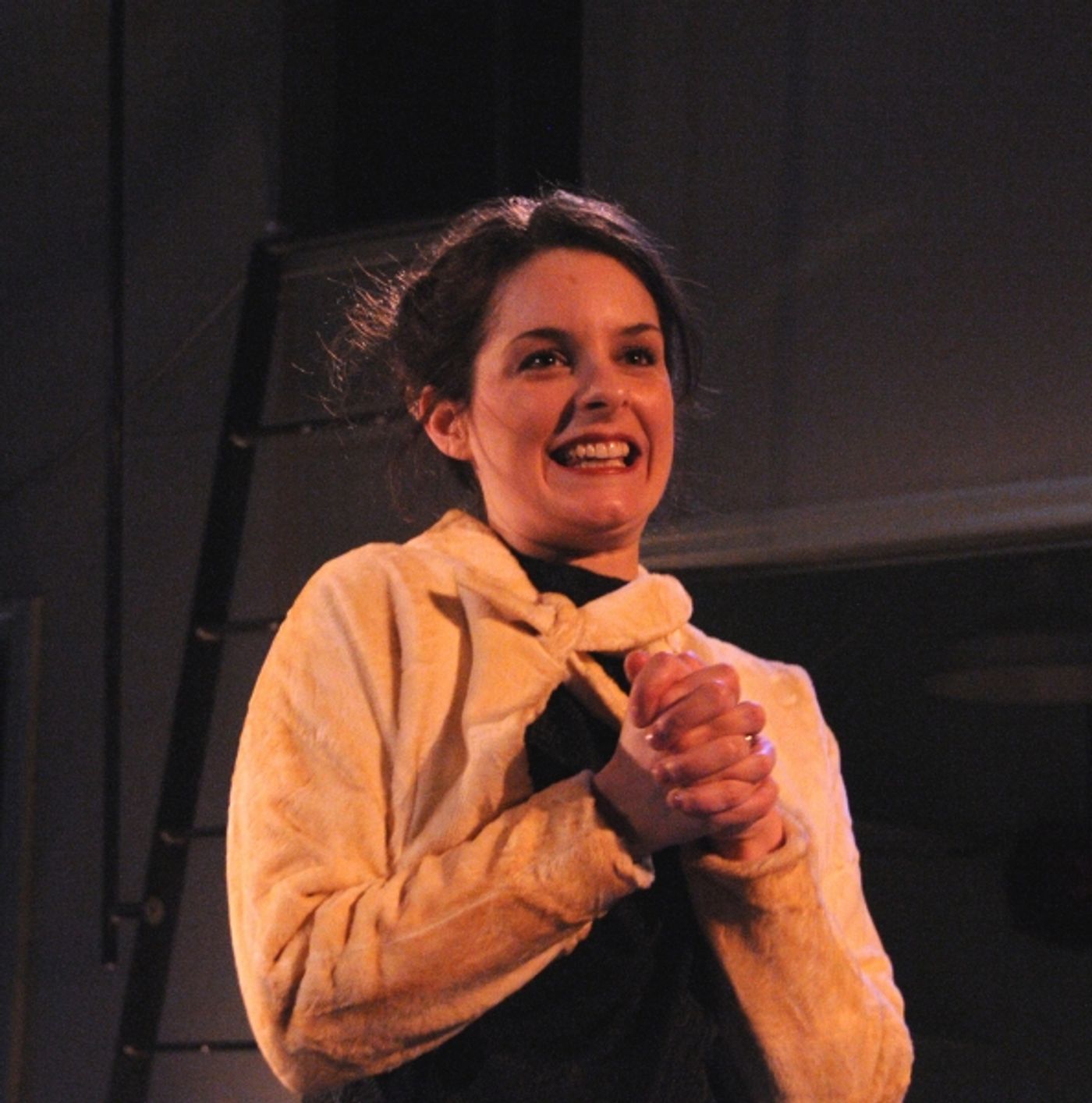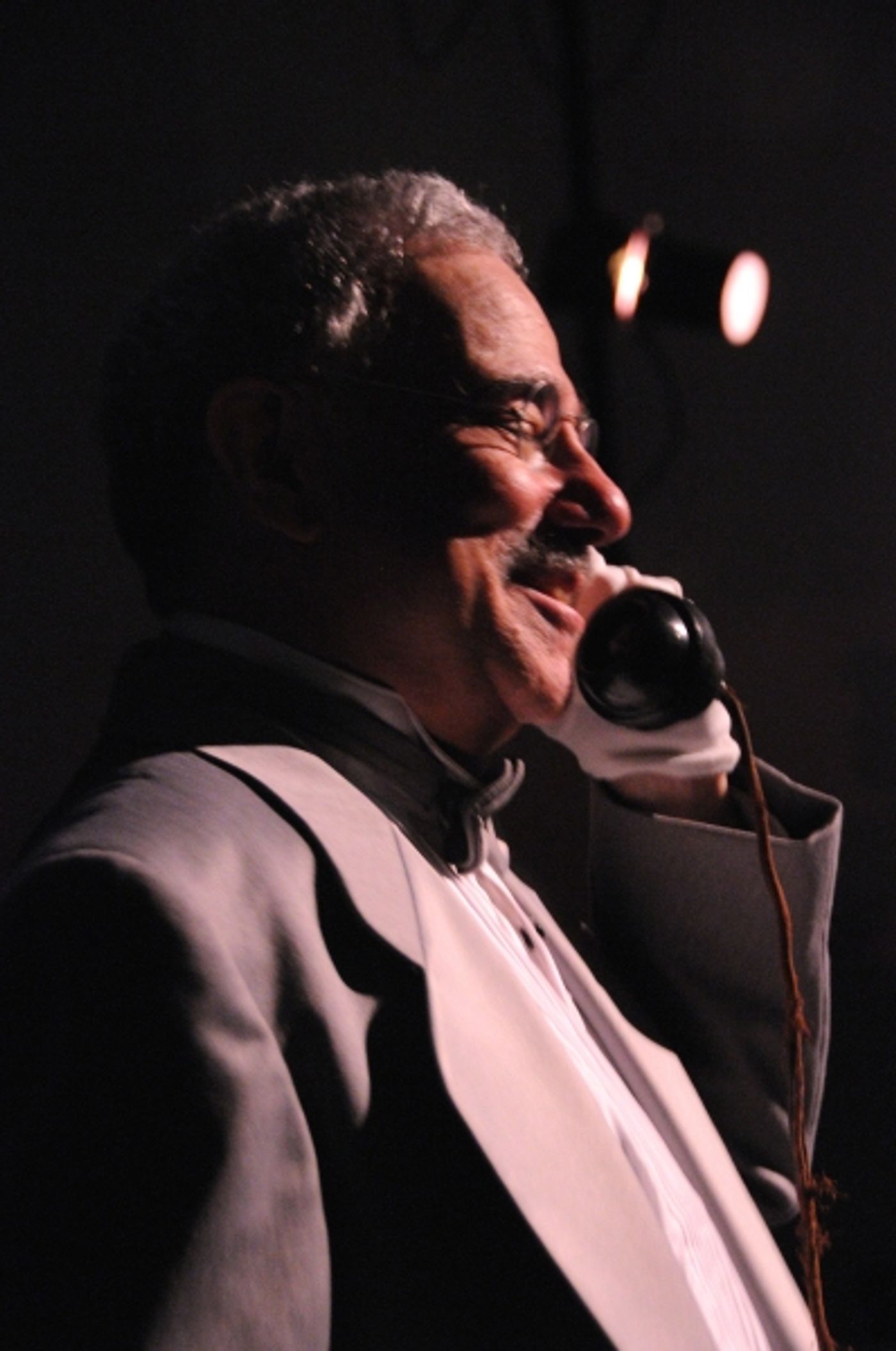Photo Flash: Peculiar Works Project Presents CAN YOU HEAR THEIR VOICES?
Peculiar Works Project (the OBIE Award-winning company founded in 1993; Co-Artistic Directors Ralph Lewis, Catherine Porter, and Barry Rowell), will present a revival of the Depression Era play "CAN YOU HEAR THEIR VOICES? (A Play of Our Time)" by Hallie Flanagan and Margaret Ellen Clifford. The play, based on a true story by Whittaker Chambers that appeared in New Masses (March 1931), will be directed by Ralph Lewis and Barry Rowell, and will have live music by Seth Bedford. Performances for the four-week engagement of "CAN YOU HEAR THEIR VOICES?" will begin on Thursday, June 3 at A Pop-Up Space, 2 Great Jones Street (between Broadway and Lafayette Street). The official opening night will be Sunday, June 6 at 7:00 p.m. (Performances will run through Sunday, June 27.)
Before the New Deal, Works Progress Administration and Federal Theatre Project, there was "CAN YOU HEAR THEIR VOICES?" written by Hallie Flanagan and Margaret Ellen Clifford. The play, a carefully documented dramatization of a 1931 Arkansas drought, was, in its day, controversial in both form and content as it revealed a rural world of hunger and privation neglected by governmental bureaucracy. With today's frequent, casual use of labels like "Communist" and "Socialist," Peculiar Works Project mines this landmark agitprop play to uncover the meaning of such words in an earlier, yet similar era. The news media is constantly reminding us how our current economic situation is the worst "since the Great Depression" - what were the root causes for radical political movements then, and are there parallels today?Flanagan and Clifford's play was adapted from a short story by Whittaker Chambers, an avowed communist at the time, although later known for exposing Alger Hiss as a Soviet spy to the House Un-American Activities Committee. (The pioneering Flanagan herself was also later called to testify before HUAC in defense of the political leanings of the Federal Theatre Project.) Chambers' true tale of desperate tenant farmers inspired a play that was ahead of its time: it predates John Steinbeck's The Grapes of Wrath by eight years and Clifford Odets' Waiting for Lefty by four. Through today's lens, Flanagan and Clifford's dialogue in Voices often reads like a transcript from a political rally - whether Tea Party or Green Party - although it has its base in a depiction of real human poverty and suffering. Artistically, the play was also groundbreaking. It inspired Flanagan to experiment with techniques - documentary theater, multi-media - that later became integral to the Federal Theatre Project's Living Newspapers. PWP brings this experimentation into the 21st century with its site-specific performance and digital projection, in addition to color-blind, gender-blind and age-blind casting of an 11-actor ensemble performing the play's 35 roles. The cast will include (alphabetically): Tonya Canada, Patricia Drozda, Sarah Elizondo, Ken Glickfeld, Mick Hilgers, Christopher Hurt, Derek Jamison, Ben Kopit, Carrie McCrossen, Catherine Porter, and Rebecca Servon.PHOTOS BY: Jim Baldassare

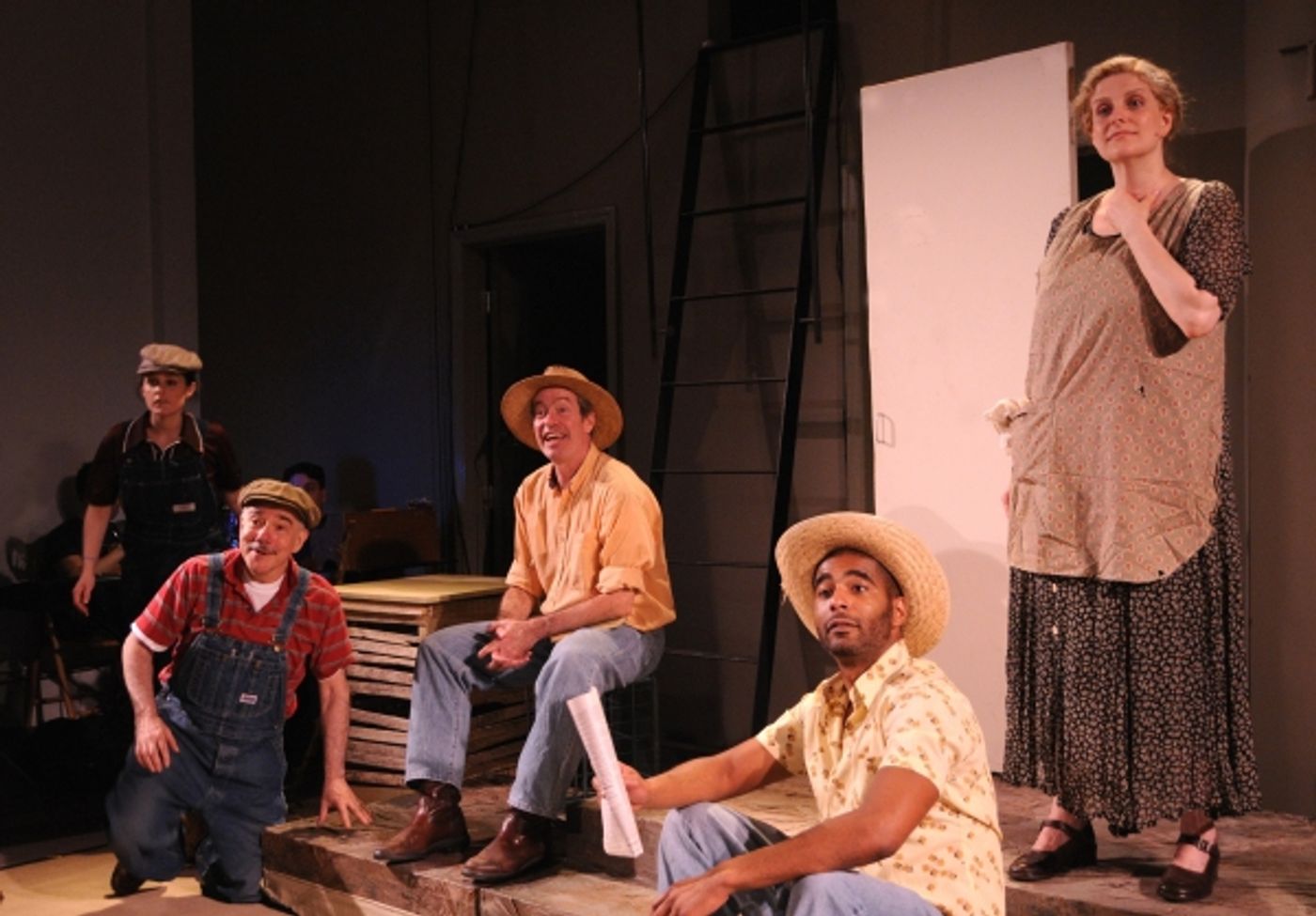
Carrie McCrossen, Ken Glickfeld, CHRISTOPHER HURT, DEREK JAMISON, and Catherine Porter
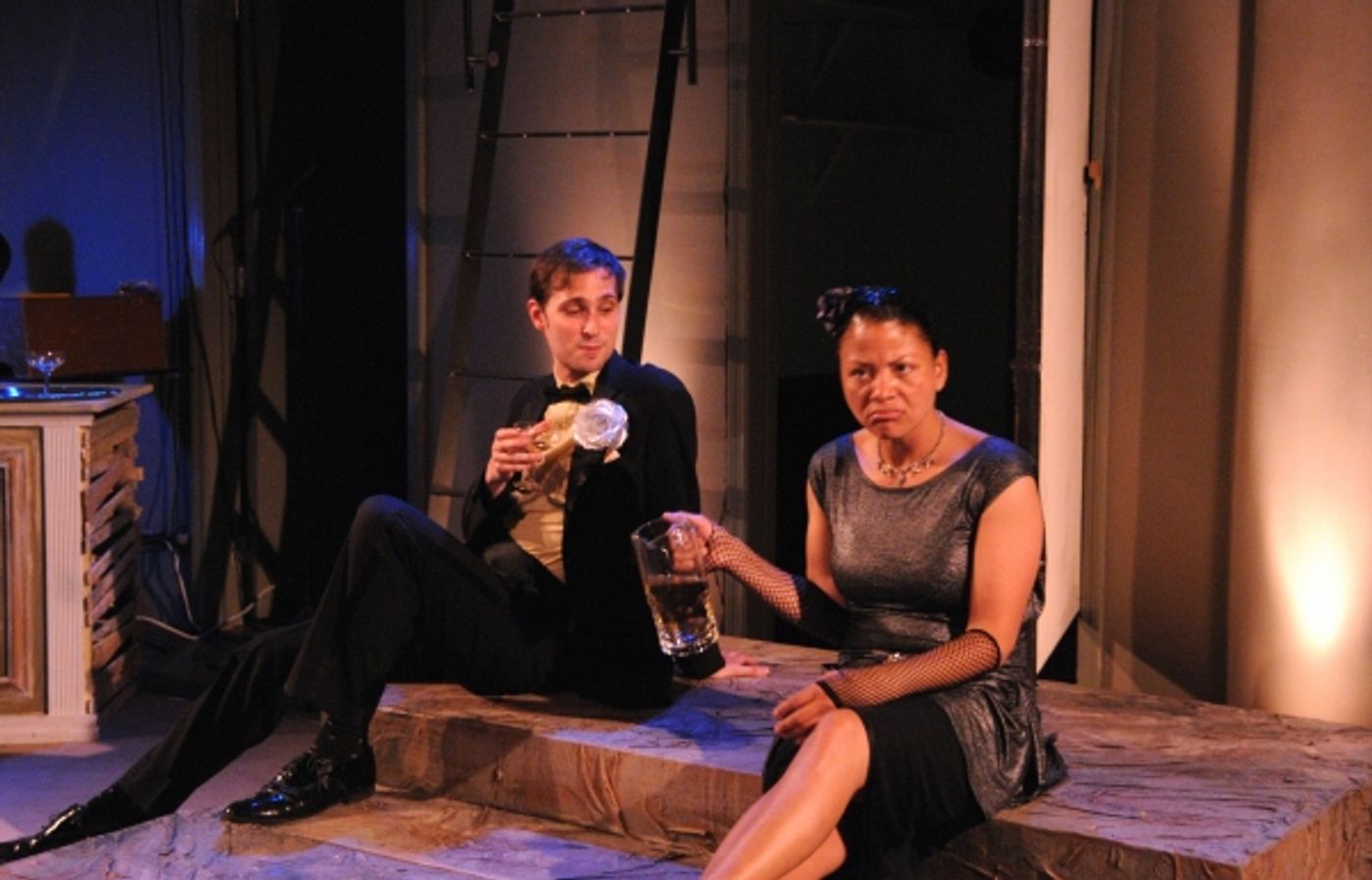
BEN KOPIT and TONYA CANADA
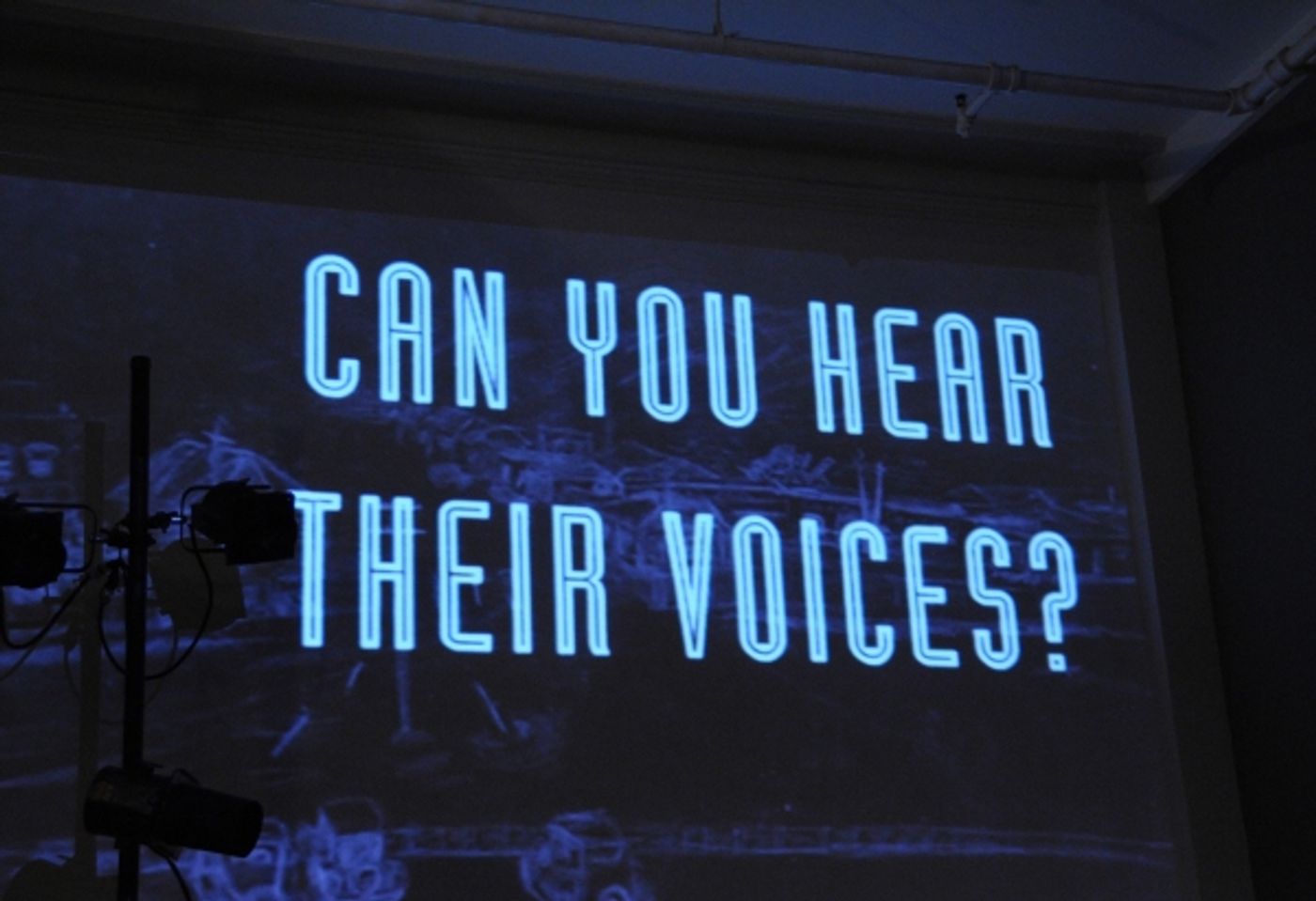
Opening Projection CAN YOU HEAR THEIR VOICES?
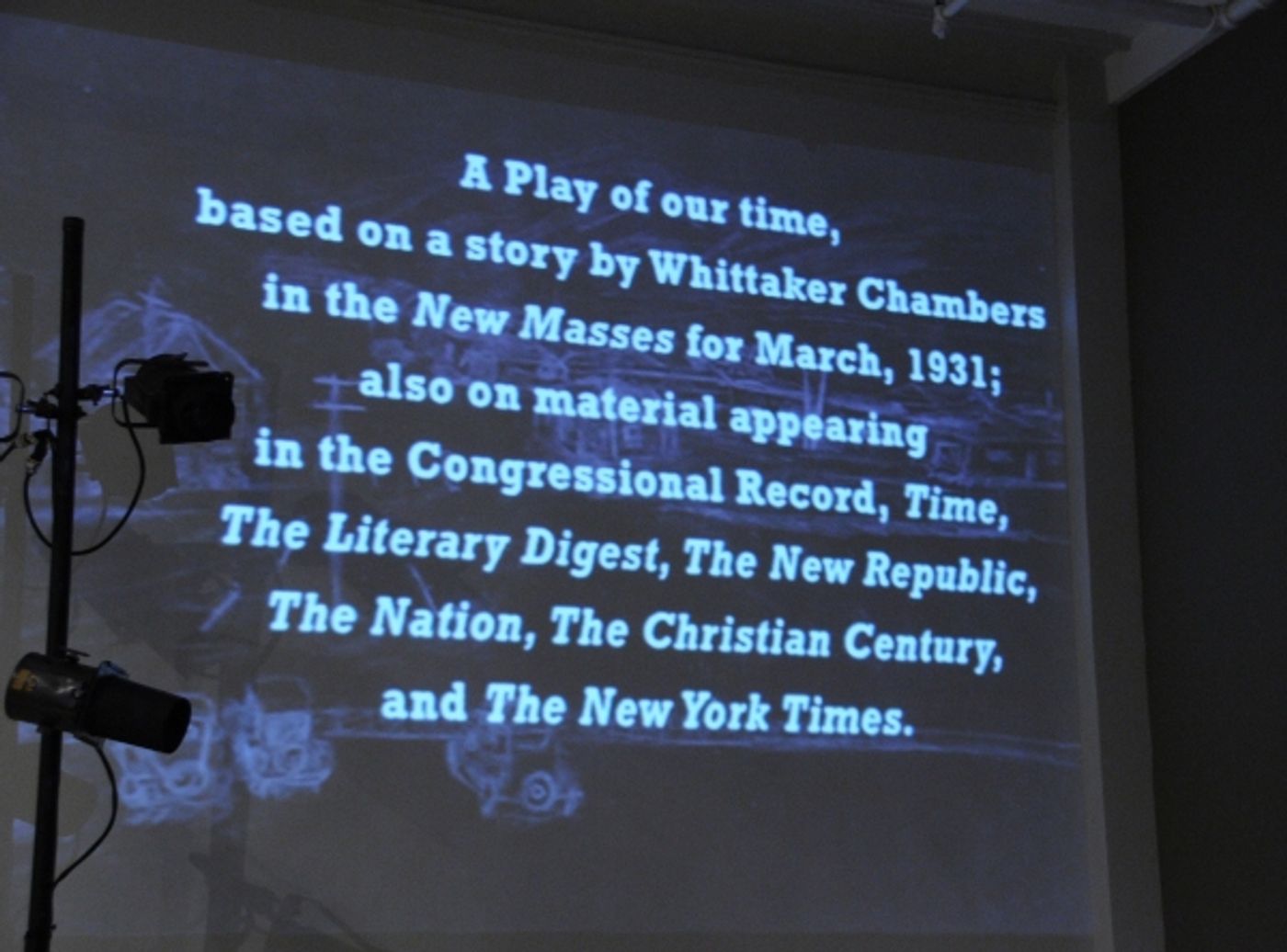
Slide illuminating the source material for CAN YOU HEAR THEIR VOICES?
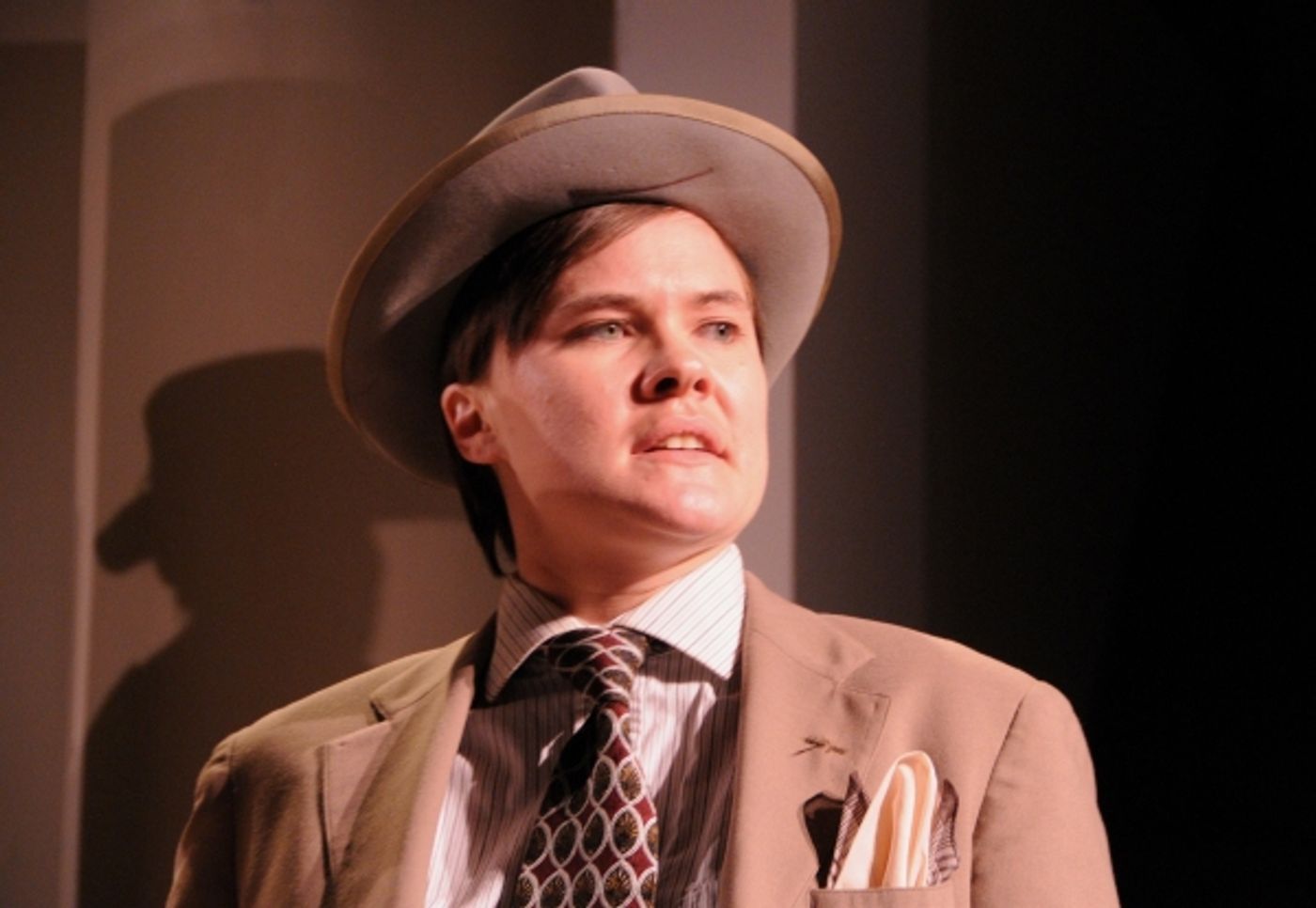
PATRICIA DROZDA
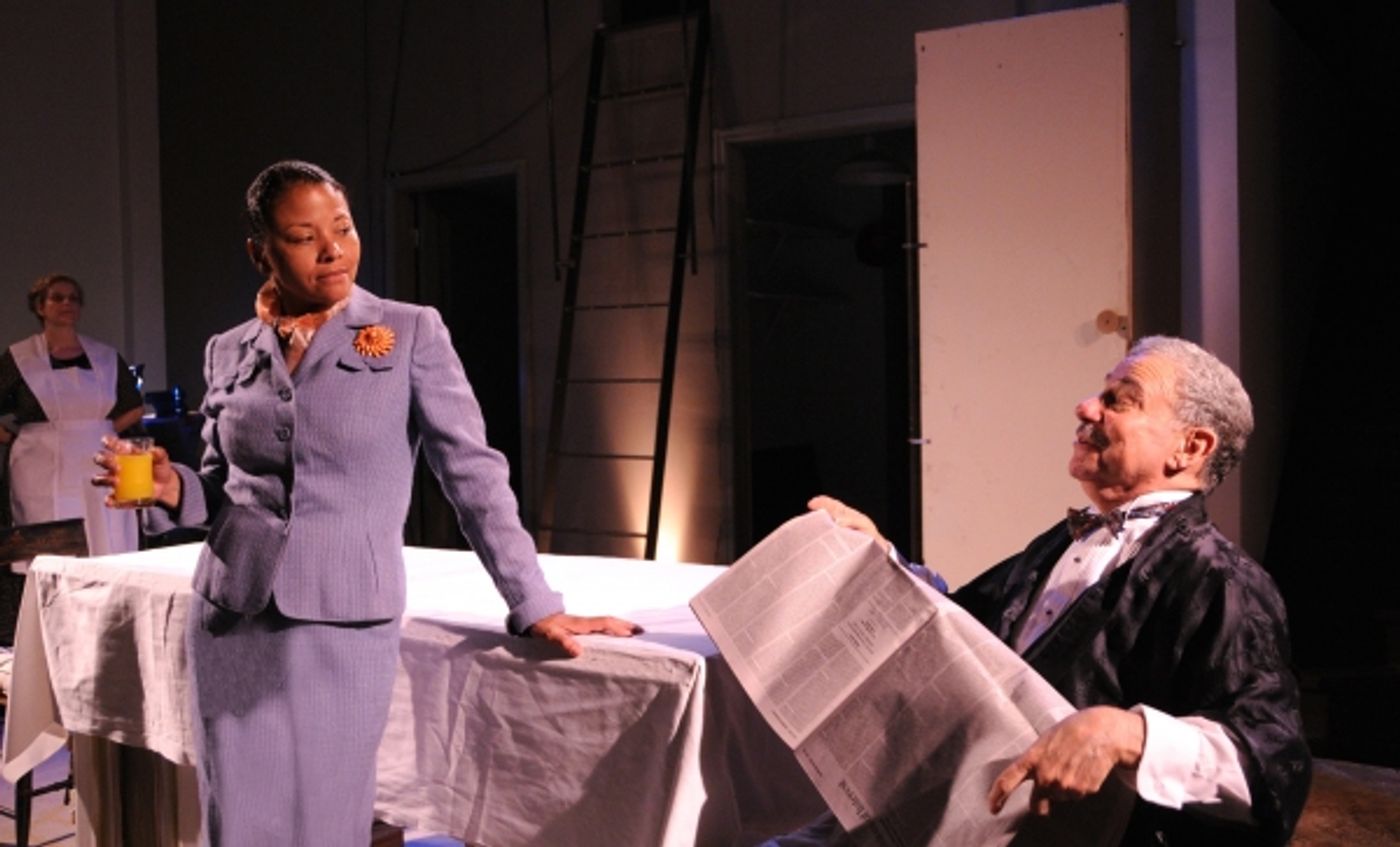
TONYA CANADA and Ken Glickfeld; background: Catherine Porter
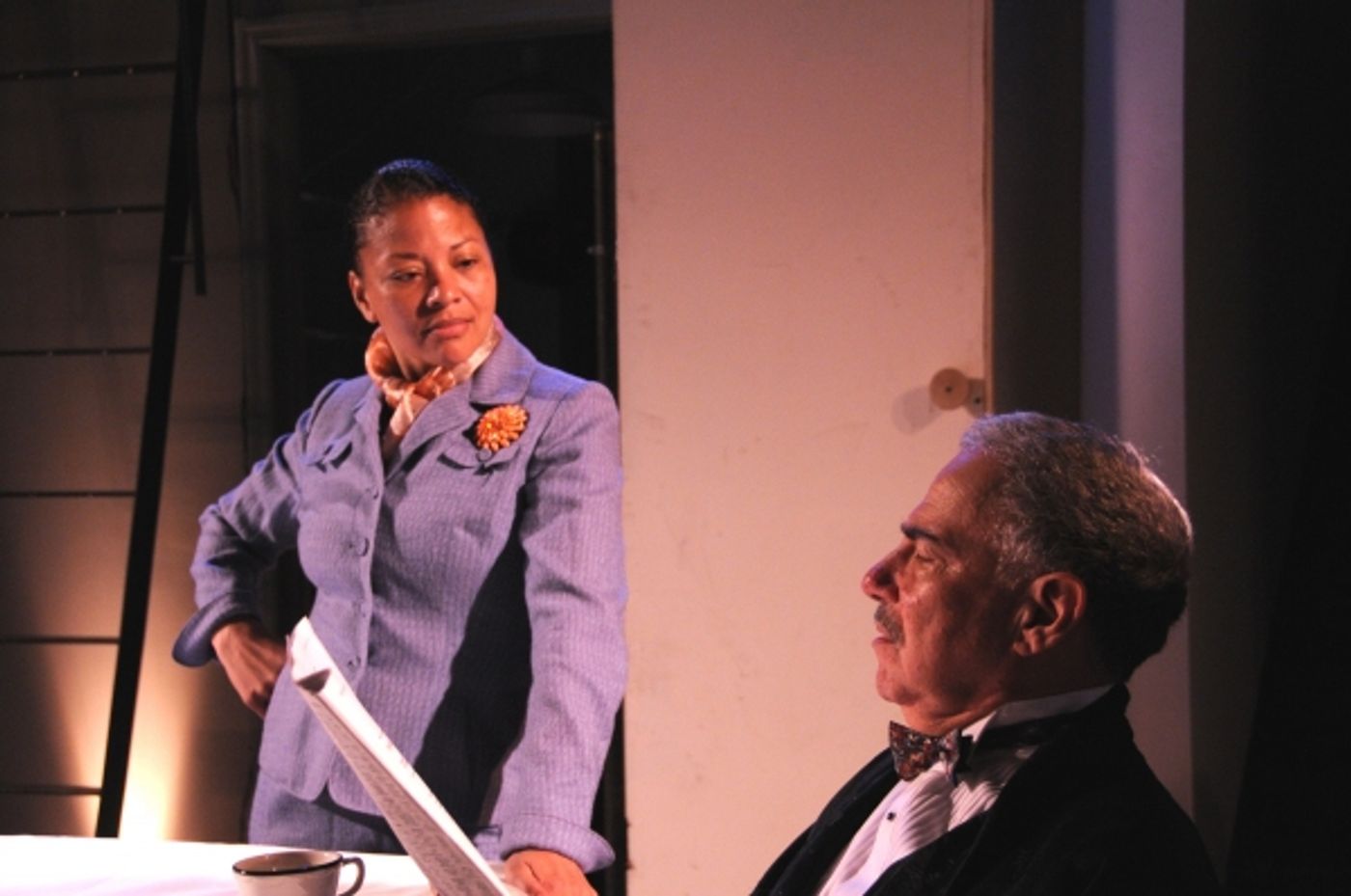
TONYA CANADA and Ken Glickfeld
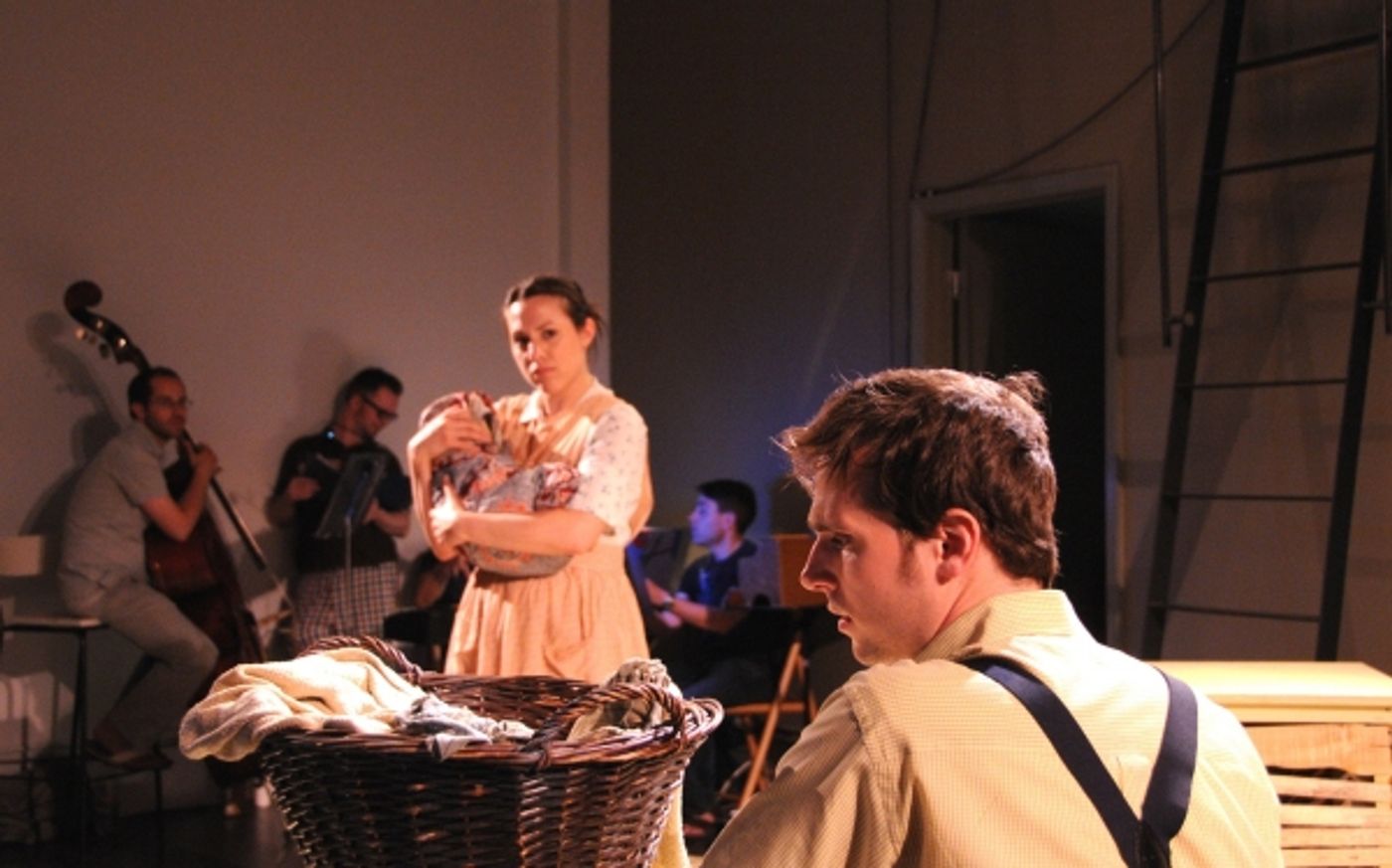
SARAH ELIZONDO and BEN KOPIT; Background: On stage orchestra.
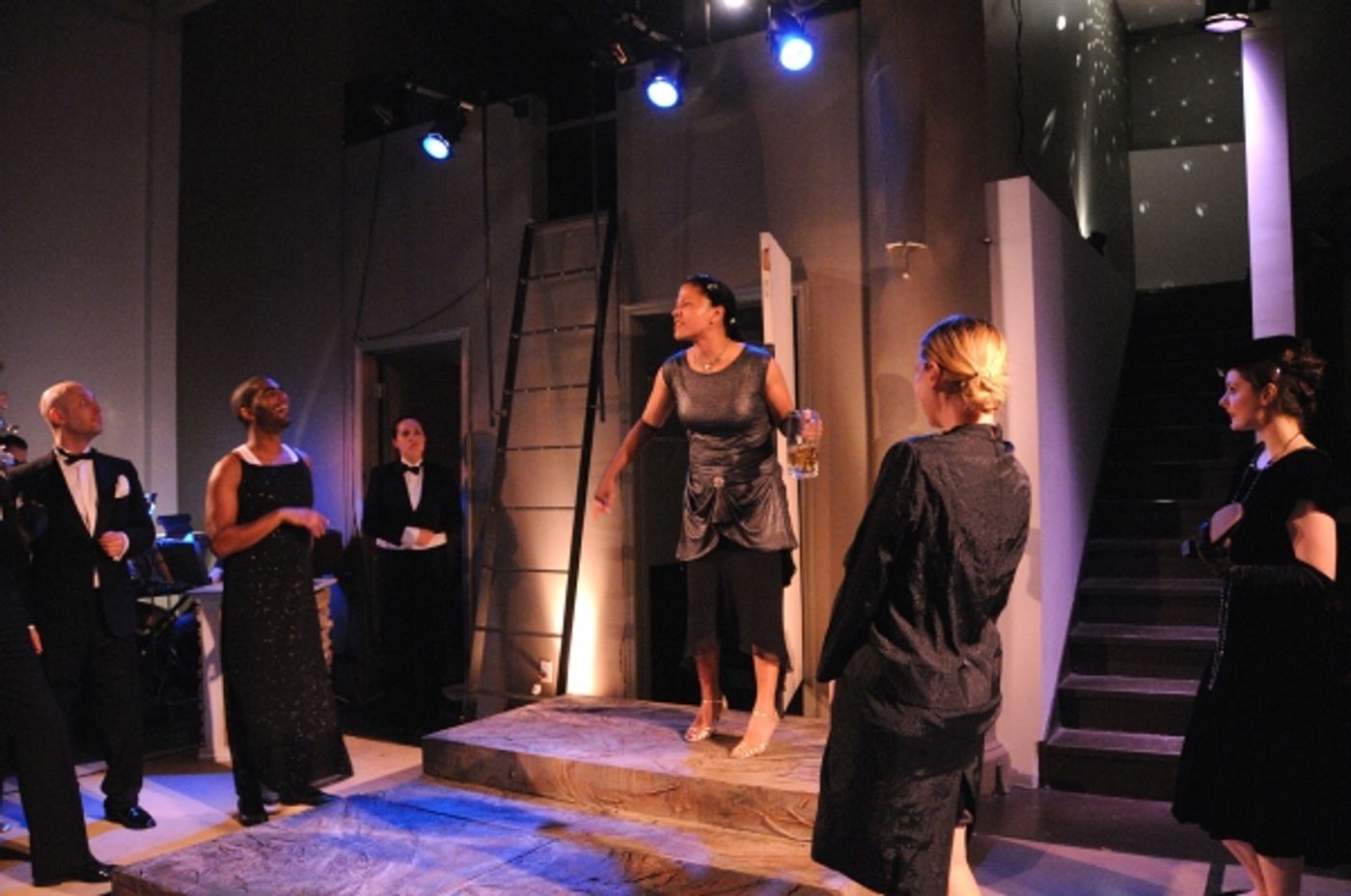
MICK HILGERS, DEREK JAMISON, SARAH ELIZONDO, TONYA CANADA, REBECCA SERVON (with back to camera), and Carrie McCrossen
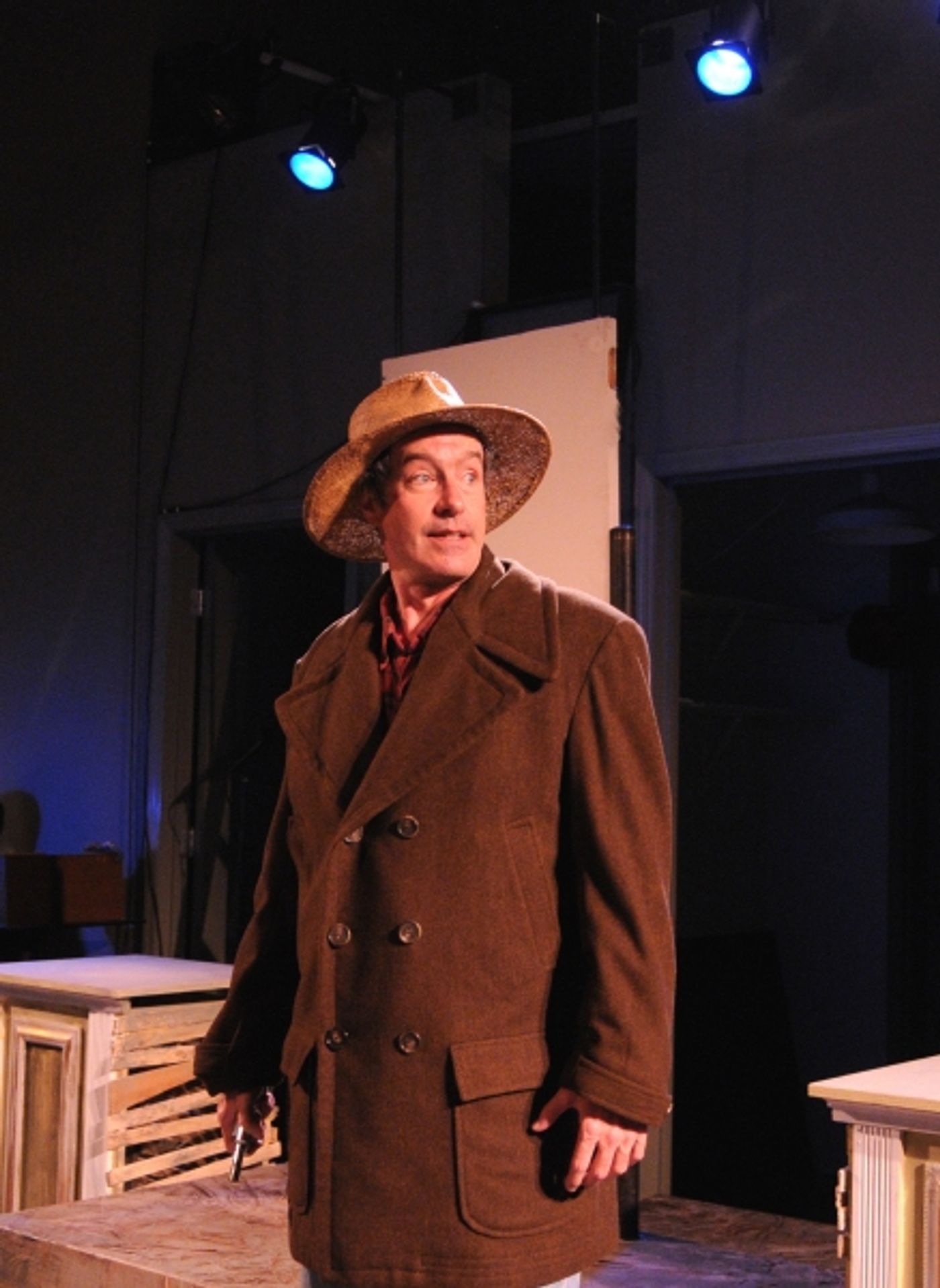
CHRISTOPHER HURT
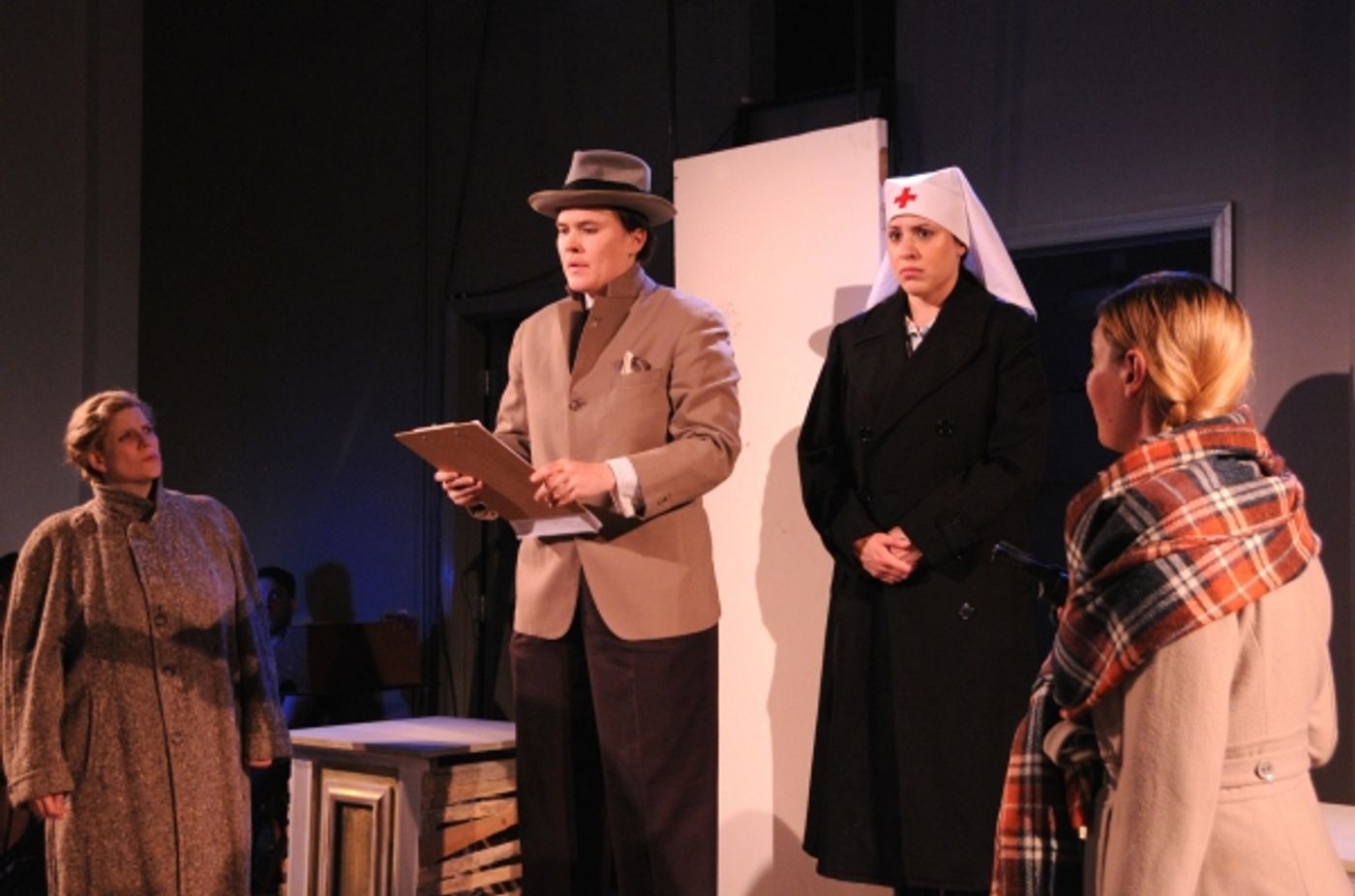
Catherine Porter, PATRICIA DROZDA, SARAH ELIZONDO, and REBECCA SERVON
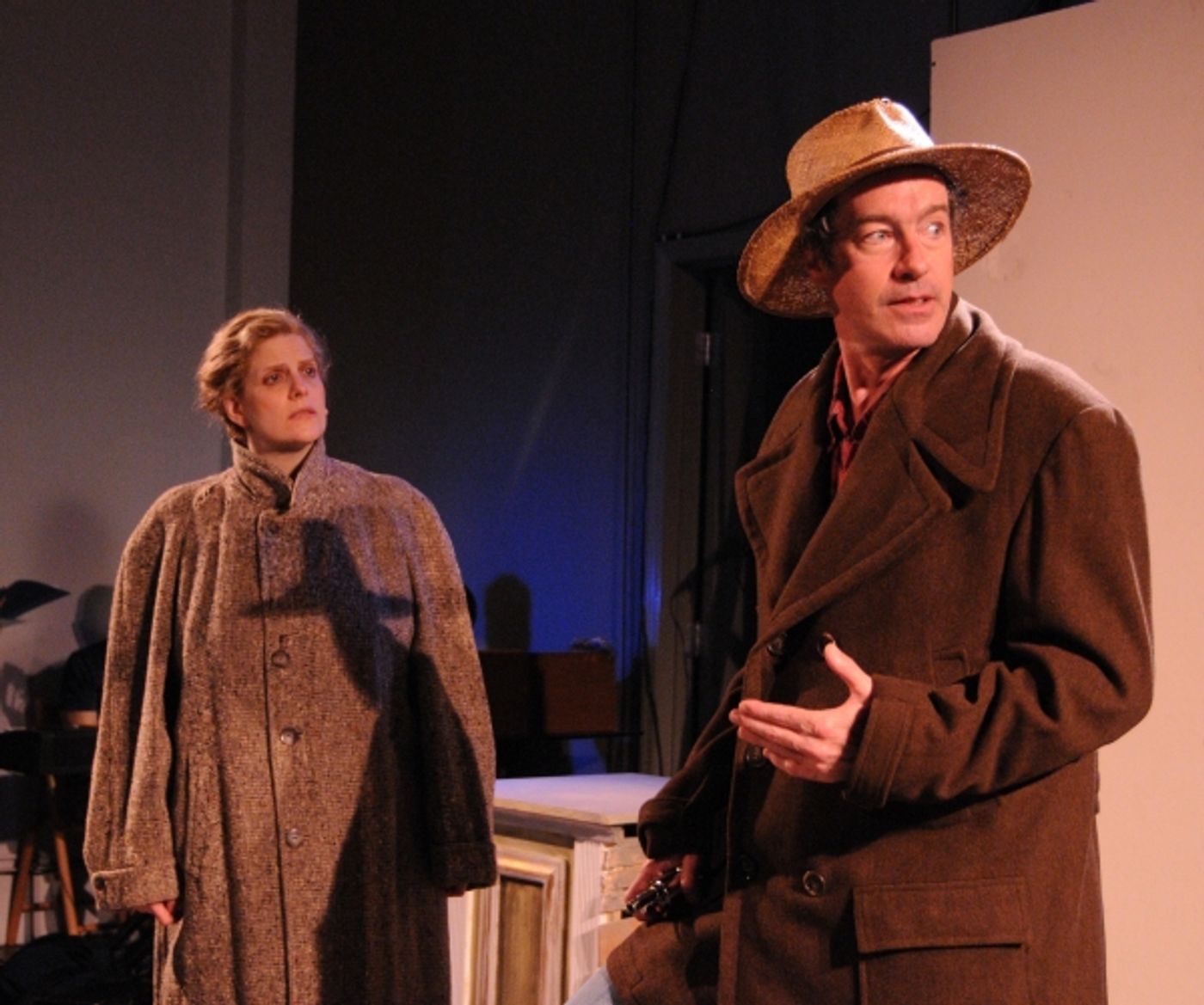
Catherine Porter and CHRISTOPHER HURT
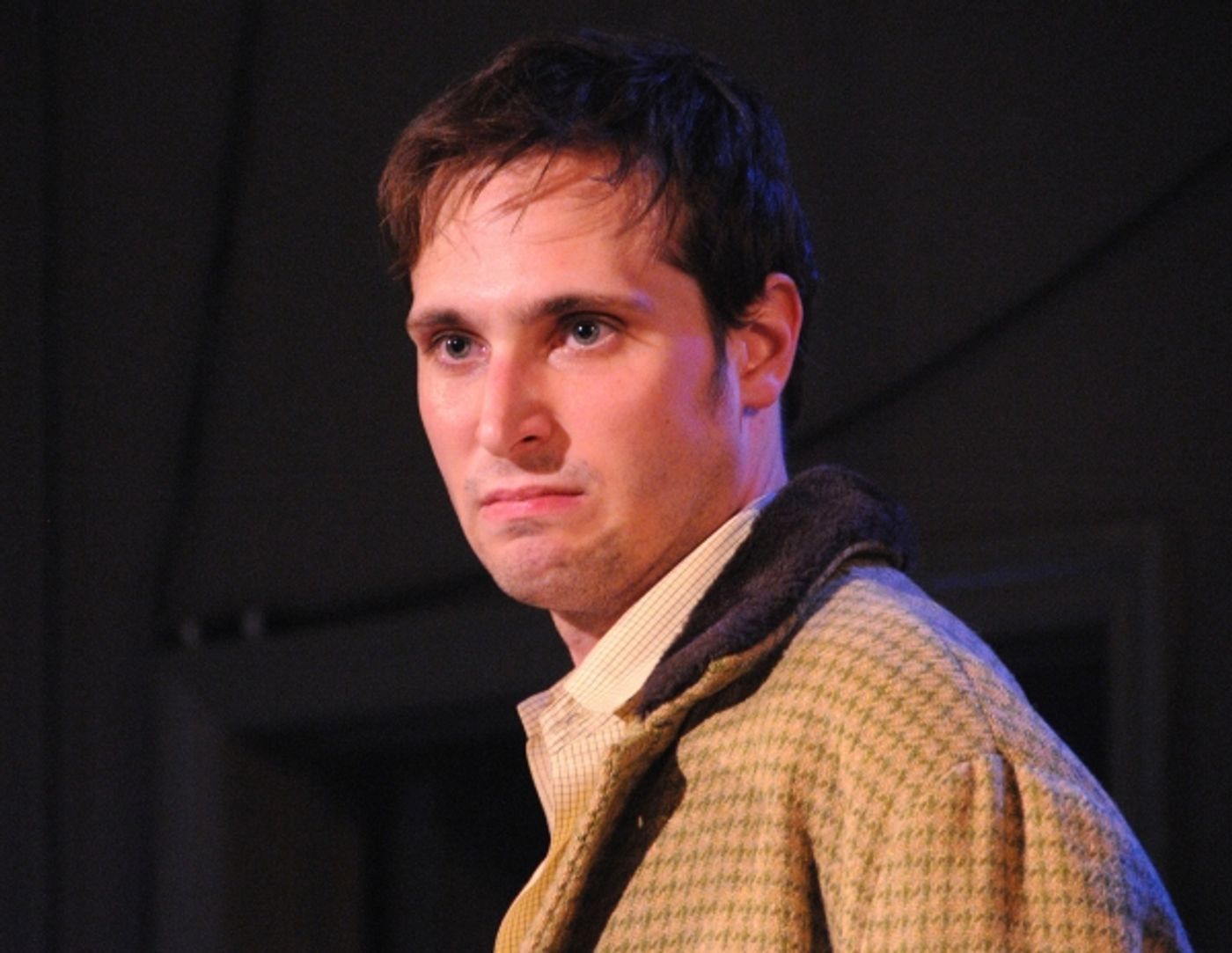
BEN KOPIT
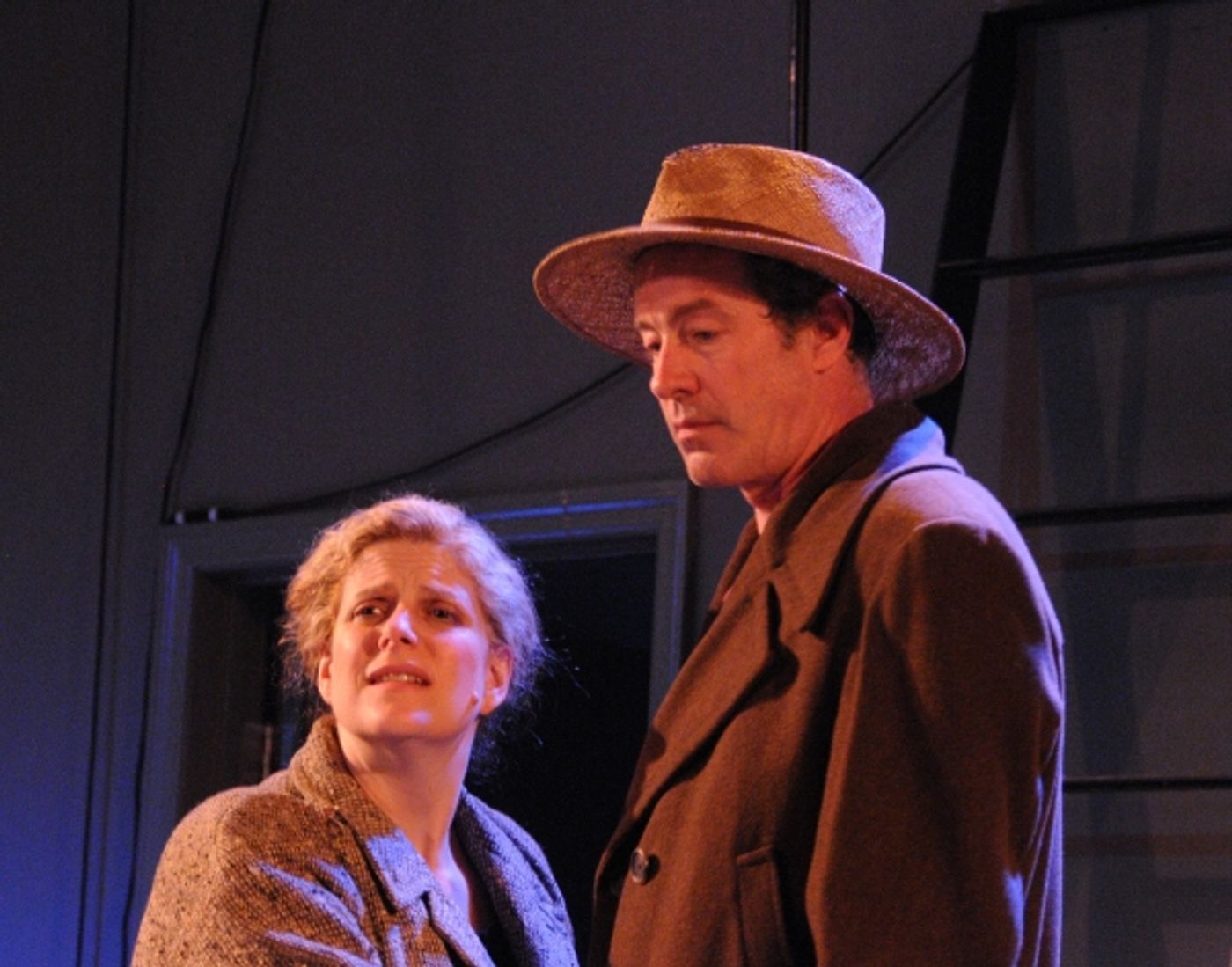
Catherine Porter and CHRISTOPHER HURT
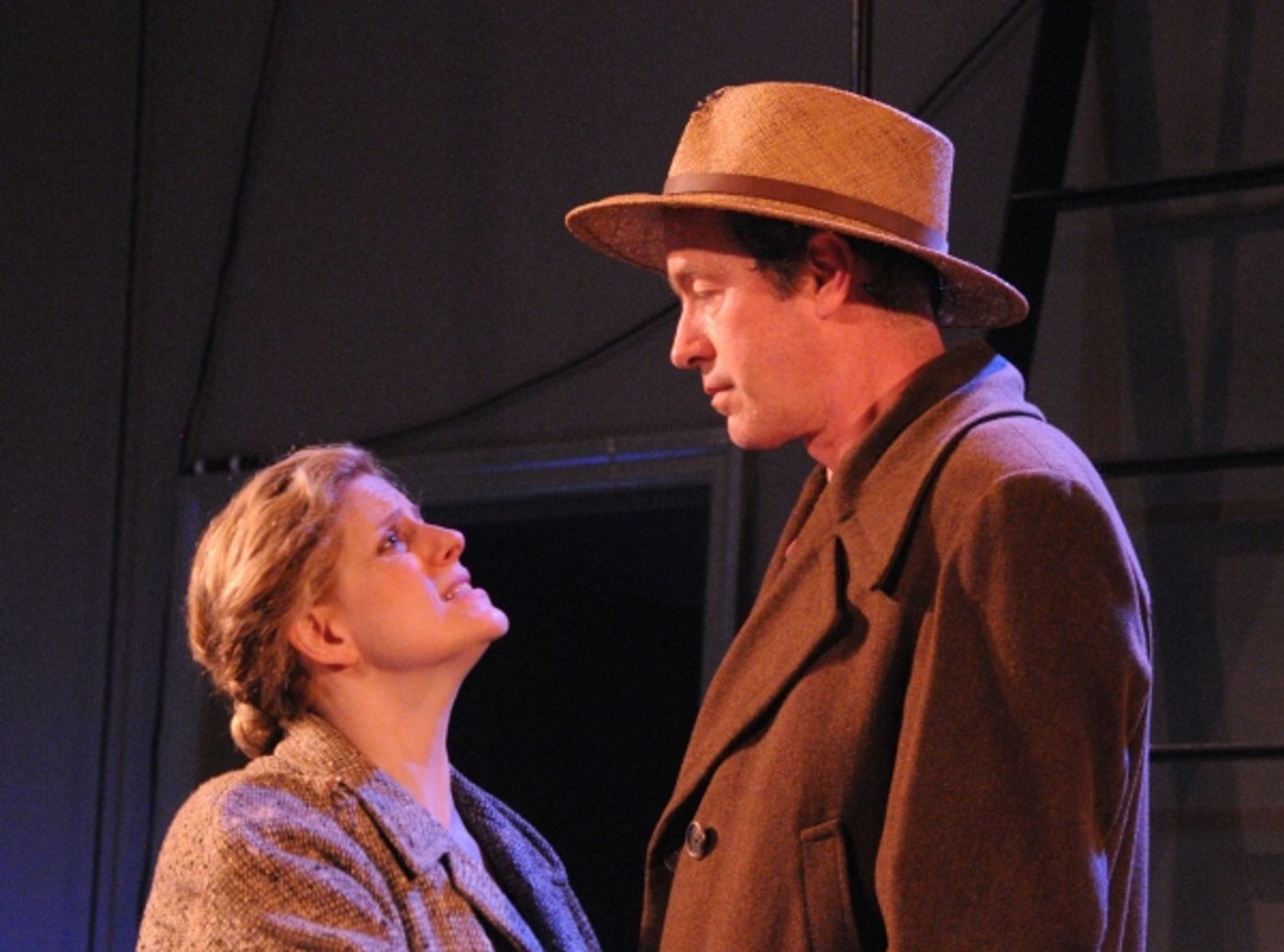
Catherine Porter and CHRISTOPHER HURT

Videos


